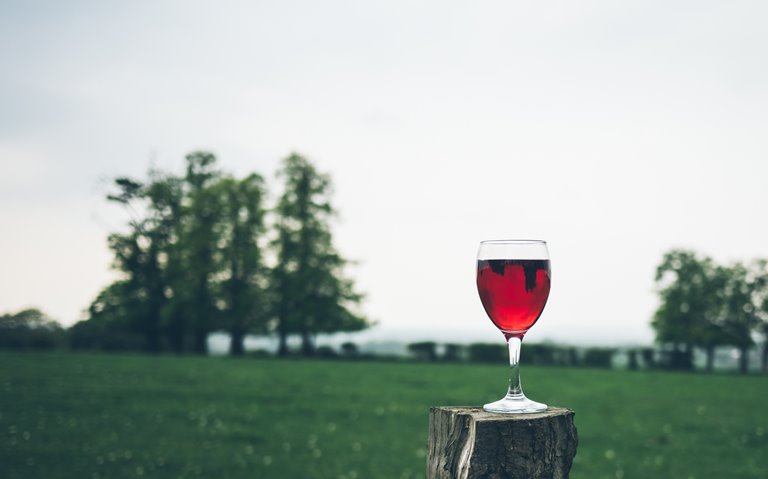26/02/2019
Perks of post-Brexit Britain: The rise of independent wine shops
Contributed by Go Brazil Wines
3/04/2018 - Go Brazil Wines

Nicholas Corfe at Go Brazil discusses the case of the counterfeit wine – what you need to know;
Things are not always what they seem. At least, not in the wine trade, where the recent and rapid demise of Conviviality plc – the former darling of the sector which boasted more than 23,000 restaurant and bar customers – has been met with shock and incredulity. Only on 29th January 2018 the ( now departed ) MD had announced a ‘robust’ trading performance and an increased dividend – and yet, barely two months later, three profit warnings, an ‘unexpected’ tax bill of £30m and a failed cash call of £125m have followed, resulting in the business putting itself up for sale! The jobs of around 2,600 employees are in danger, while shareholders have been warned they will receive nothing.
While grossly incompetent management rather than fraud seems the most likely explanation, the latter was definitely at play in the south of France during 2013-2016. Decanter magazine reported recently that during this period some 66.6m bottles had been deliberately mislabelled as ‘Côtes du Rhône’ or ‘Chateauneuf-du-Pape’ by a French negociant – meaning a €5 wine was being sold for €15 or more! And much of this ended up in the UK.
The counterfeiting of expensive, top end Bordeaux wines – of ‘premier- or grand cru’ status – is hardly new and indeed another case came to light last week, alleging that inferior Languedoc bulk wines had been blended with their more expensive counterparts on an industrial scale. Modern, complex supply chains have exarcebated the problem: in China, for example, a market which is destined to become the world’s second most valuable for wine by 2020, a recent survey suggested that nearly 40% of consumers there have knowingly purchased counterfeit wine ( both of the grape and grain – ‘baijiu’ – variety). All of which has provoked legitimate suppliers into developing sophisticated solutions to avoid having their products scammed and to improve traceability.
So what can the British consumer do to avoid being ripped off? Our advice is to buy where possible from a trusted source, the more local the better. We have some lovely vineyards in Suffolk, so why not give these a try!
Since 2010 Go Brazil has specialised in importing and distributing wines of Brazil.
Based in Ipswich, Suffolk, they store their wines and spirits from Brazil at a bonded warehouse in London, providing a convenient collection point for trade customers supplying restaurants and other outlets in London, East Anglia and the South East. To order wines, email info@gobrazilwines.com
All articles on this news site are submitted by registered contributors of SuffolkWire. Find out how to subscribe and submit your stories here »